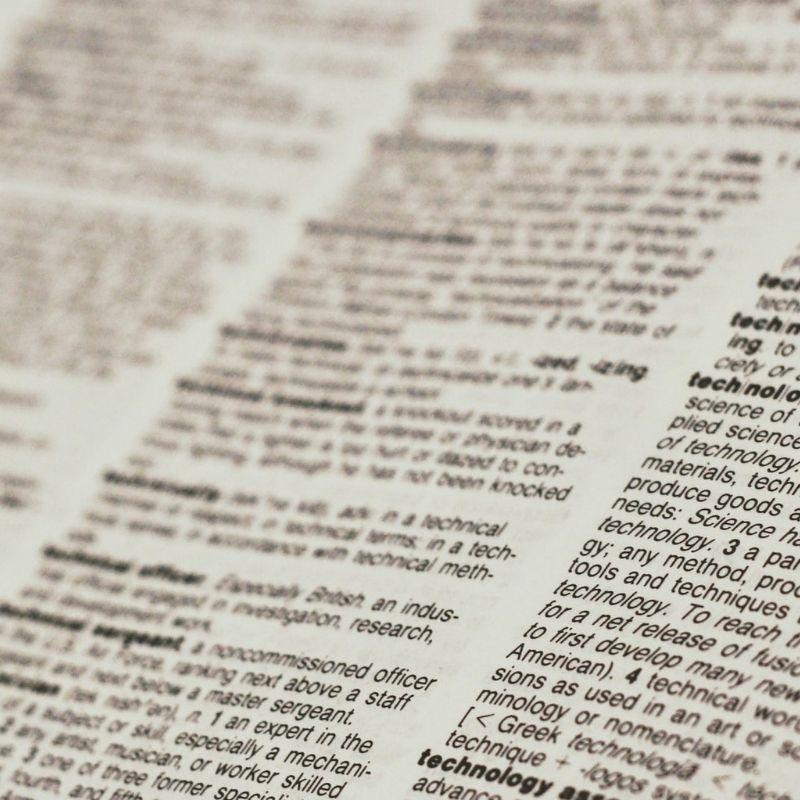WHAT DOES IT MEAN TO PUT WORDS
IN CONTEXT?
It’s quite simple – for each word you want to learn, write down a sentence or phrase that includes it. Are you afraid that studying will now take you too long? You can reduce the number of words you work on daily, but spend more time analyzing, among other things, examples of usage. In the long run, this method will prove to be much more effective than just remembering several dozen words a day. You can put sample sentences or phrases in a notebook intended for learning vocabulary, Excel, on flashcards – the choice is yours.
HOW WILL IT HELP YOU?
Putting a word in context will allow you to see its “natural environment”, – the way it is used in the language. In this way, you will not only better understand the function and use of the word, but also examine the construction of the sentence or phrase, and therefore the grammar used in the example. Hence, we can say that placing words in context also supports learning and understanding grammatical structures.
WHERE TO LOOK FOR SENTENCES AND PHRASES
First of all, make sure that the examples are practical, preferably taken from natural, everyday language. If you read a lot, it is worth writing down new words together with the sentences in which they are used (if it is, for example, Shakespeare or Dickens, it is also worth checking this word in the dictionary). It works the same with tv series or movies. In addition, most dictionaries – both electronic and paper – add example sentences and phrases to each entry. We can recommend, for example, the Cambridge Dictionary, Oxford Learner’s Dictionaries (for the English language) and Glosbe.



